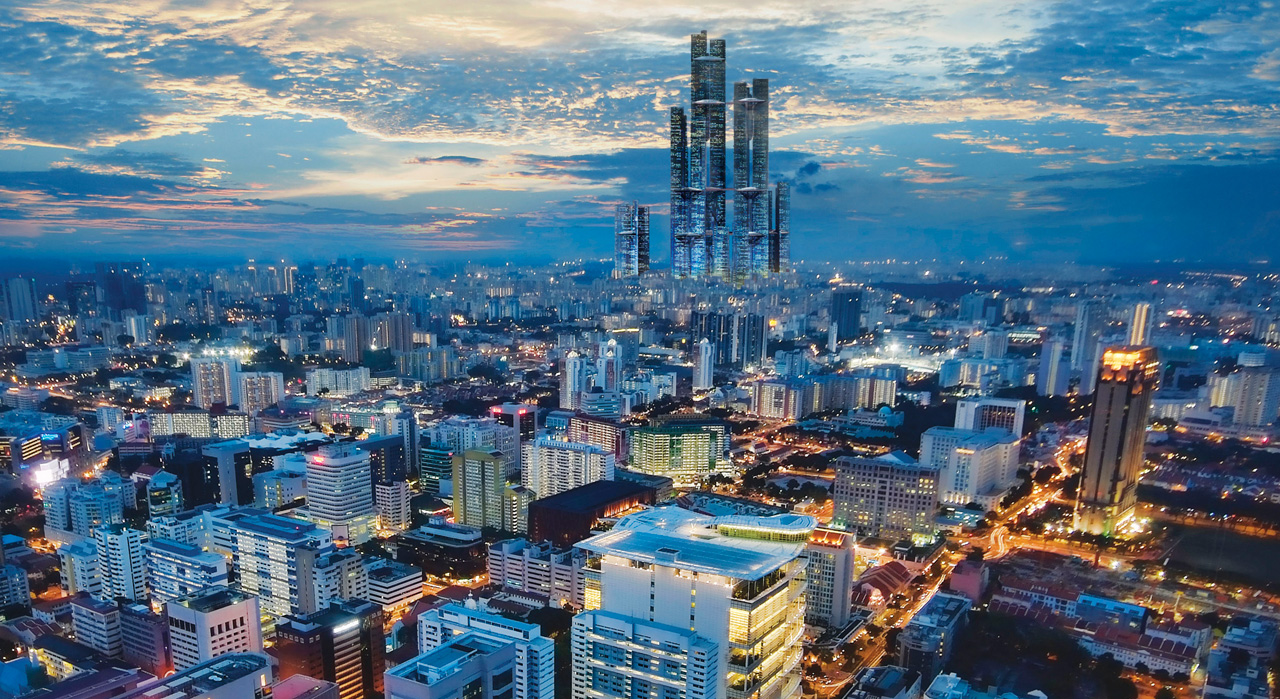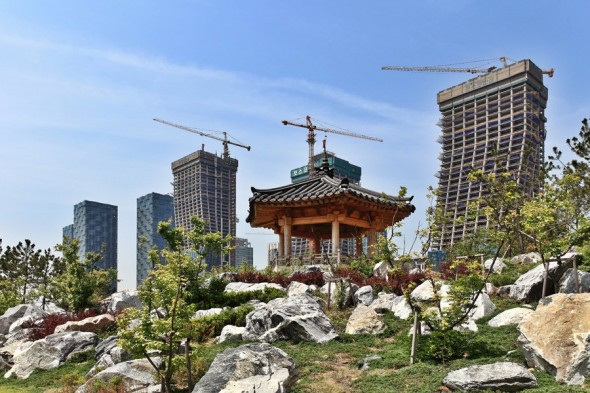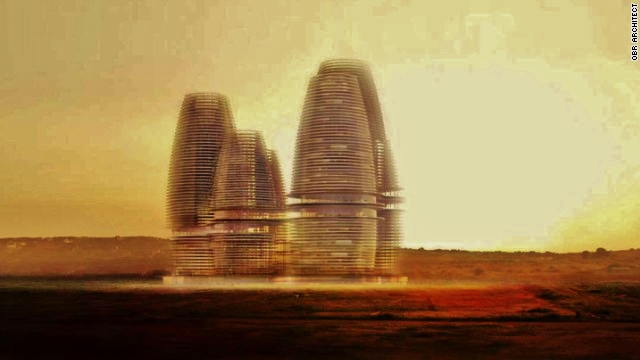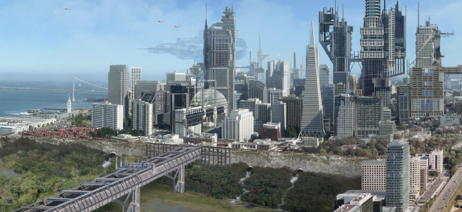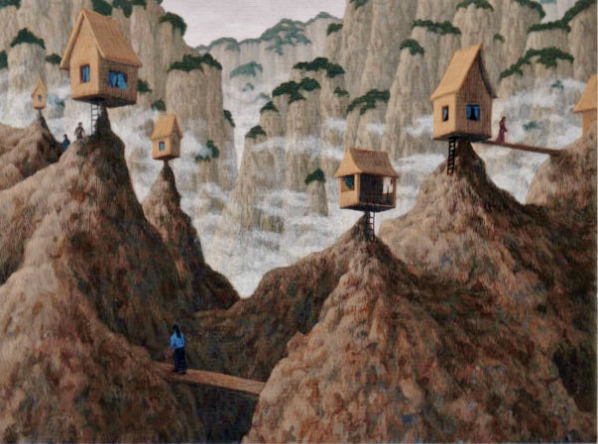“Vertical City,” a complete ecosystem in the sky that you never have to leave, accommodates population growth and protects the planet, but may have significant drawbacks for the people who call it home and their connection to the earth. Projects in China and Dubai illustrate the concept and its limitations.
Tag: utopian overdose
Songdo, South Korea: Utopian City of Big Data and Urban “Sustainability”
The idea of the “utopian” community began in 1516 with Sir Thomas More’s fictional perfected society to present-day attempts to build the most sustainable urban ecosystem. With the case of Songdo International Business District, South Korea, we begin a series of case studies in the success and failure of utopian experiments in living sustainably.
African Garden Cities: Urbanization Without Planning for People
Master planned, self contained New Cities have appeared all over Africa. Emulating models from the global north, private-sector boosters advance them without considering factors such as environment, economy, context and even poverty. Nairobi-based urban practitioner Jane Lumumba argues they might only make social and economic problems worse.
Honduras: Neoliberal Utopias Advance on Indigenous Land
The government of Honduras plans the creation of neoliberal free-market enclaves, unaccountable to national laws and governed by foreign corporate interests. Stipulated for territory inhabited by Garifuna people and campesino farming communities, with propaganda about democracy, economic innovation and humanitarian justice, “President” Pepe Lobo should first refrain from presiding over the coup-backed “illegitimate regime.”
Honduras: Neo-Colonial “Free Market” Charter Cities, Democracy Not Included – By Annie Bird
Free marketeers and Libertarians advocate for the world’s first Charter City, with authoritarian governance, facilitated by a military coup, coordinated using political sway with business partners, using public funds from the IDB for infrastructure plans, and built on land “purchased” from indigenous communities, small farmers and the state of Honduras.
Chinese Mega-Cities Contrasted with Calvino’s ‘Invisible Cities”
Rapid industrialization in China has caused a massive migration to crowded, faceless and polluted urban mega-cities of 10 million residents or more. They should consider Italo Calvino’s utopian “Invisible Cities” to rethink the role of imagination in urban planning.
H. G. Wells on the Futurist Dystopia of Fritz Lang’s “Metropolis”
“Metropolis” hallucinates a futuristic city, a paradise of glass and steel, where underground workers toil endlessly at the giant machines that run the world above. Controlled by the autocratic industrialist, his spoilt son falls for the working class prophet who envisions some mediation between workers and managers. Noted science fiction author H. G. Wells reviews the controversial 1927 masterpiece.

